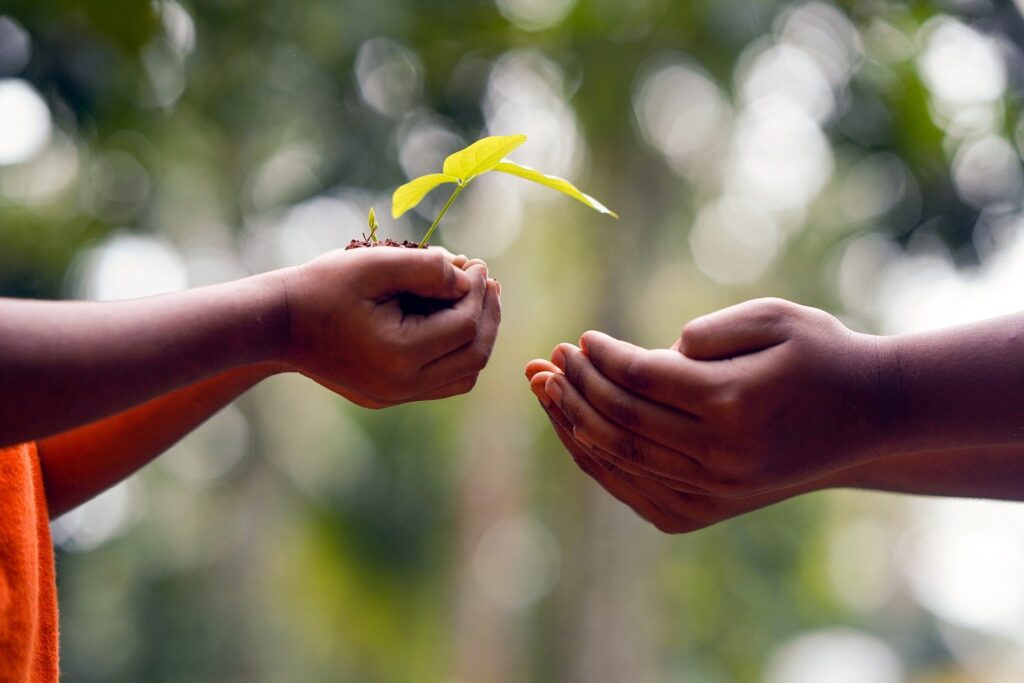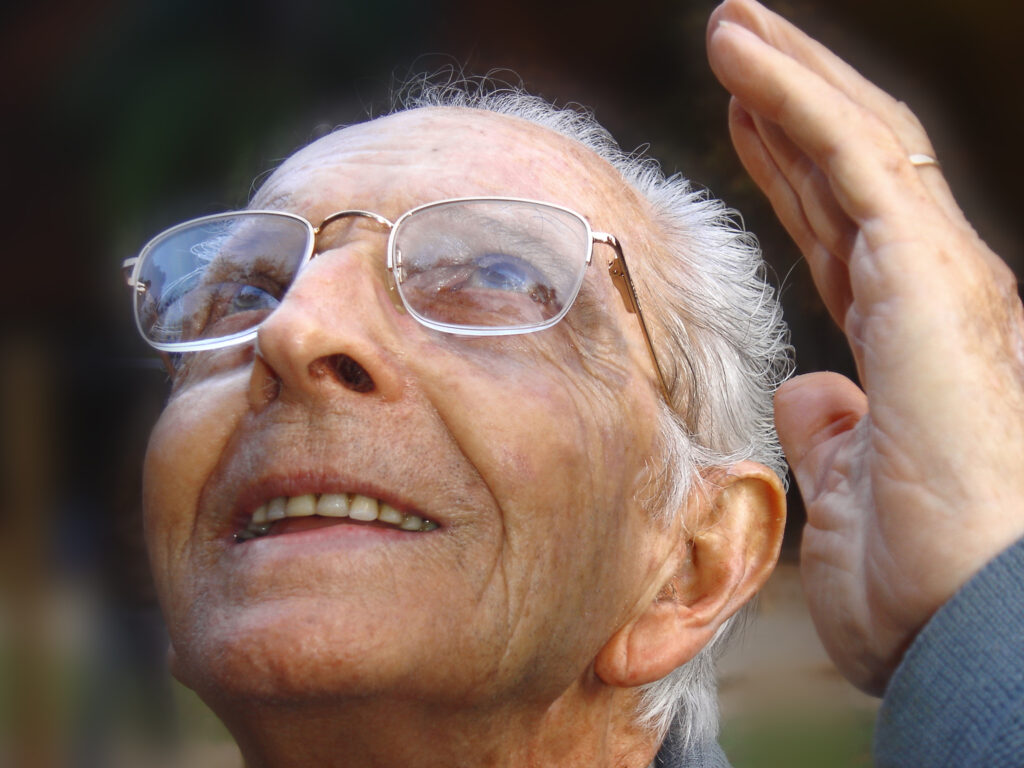A guest blog by Elders for Earth.
Though now in our eighties, we prefer not to think of ourselves as elderly. That word is often used in a context where older people are seen – and so see themselves – either as problems to be dealt with or as retirees who have earned the right to be put out to grass and to withdraw from active contributions to society.
But there are societies that see older people as Elders, carriers of values and sources of wisdom. And we believe that in our own society the longer lives and better health of many older people offers the possibility of a modern version of elderhood, where older people can use their changed role to become active leaders of positive social change.

We became activists in regard to climate change and biodiversity loss when we finally woke up to the growing crisis facing the earth and recognised that we could have a role in raising awareness about it. We helped form a group called SHEP Earth Aware, and then an offshoot of it called Elders for Earth. Through these groups, and in collaboration with other groups, we have been involved in organising a wide range of talks, workshops, courses, conferences, film shows, guided nature walks, community building and political lobbying events.
If we ask ourselves why it is worthwhile doing this, we find it helpful to think of the future, the past, and the present.
As regards the future, we see that those who come after us, including our own lovely grandchildren, will be living in a world of extreme weather events, of storms, floods and droughts, of rising sea-levels flooding coastal cities, of vast numbers of climate refugees, of the collapse of supply chains. It will be a world in which many of the creatures they loved to read about, lions and tigers and whales and bees and butterflies, will be gone for ever. It breaks our hearts to see this future, and we feel called to do whatever we can to prevent it.
As regards the past, we see that the past we lived has shaped the world of the future. Most of the problematic greenhouse gasses have been emitted in our lifetimes. We went blindly along with the growth of consumerism, rarely asking ourselves where the material goods came from, who produced them and at what cost, or what resources of the earth were destroyed to provide them for us. Like most people, we failed to respond to the warnings we heard and we let ourselves sleep-walk into the crisis. We have been complicit in injustice to future generations, just as we have been complicit in injustice to the people of the global south, and to the rest of nature.
As regards the present, however, we know that whatever efforts we put into our activism are enriching for our own lives right now. The earth crisis can generate intense eco-anxiety, fear, guilt, anger and even despair. Being active helps us manage these feelings. It also reminds us of the beauties of the natural world we have been given, and encourages gratitude for the gift. Activism, especially if it is matched by an opening of the senses and of the heart, seems to be healthier and more fulfilling than passivity and a focus on the self.

We finish with Closed Path, a poem of Rabindranath Tagore which speaks to our experience:
I thought that my voyage had come to its end
at the last limit of my power, –
that the path before me was closed,
that provisions were exhausted
and the time come to take shelter in a silent obscurity.
But I find that thy will knows no end in me.
And when old words die out on the tongue,
new melodies break forth from the heart;
and where the old tracks are lost,
new country is revealed with its wonders.
Author information
Eileen Lynch and Frank Dorr
Elders for Earth


